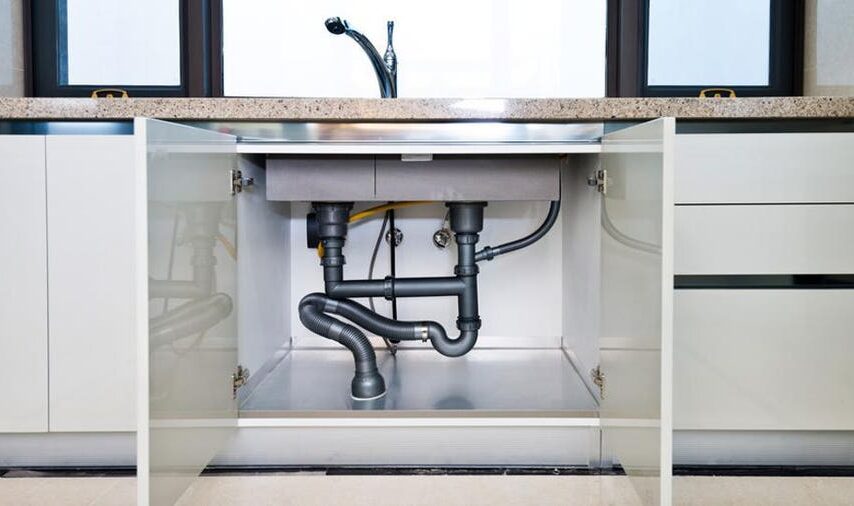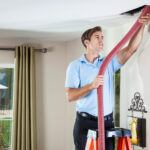A blocked or broken drain may only sometimes need to be fixed immediately by a professional. Before calling a plumber you can look into some do it yourself (DIY) methods that could save you time and money on plumbing repairs? To be successful with do it yourself drain repair jobs you need to be well prepared and know what you’re doing.
Safety is the most important thing to consider when fixing a plumbing leak. Whether it’s your first DIY project or you’ve done many of them taking safety precautions before starting home water repair projects is important. The following are some necessary precautions for safety during DIY drain repair.
Be Cautious Of Warning Labels
When you fix a drain yourself, safety is the most important thing. No matter your knowledge, it’s important to follow safety rules. Always read the warning labels on goods and tools especially when using power tools or chemical solutions for plumbing. A small mistake can cause property damage or even hurt someone.
If you need more clarification or want about any warning label you come across during the drain repair process, it’s best to call an expert. DIY projects can be fun, but you should never put your safety at risk. If you put safety first, your plumbing fix should go well.
Always Have Eye And Ear Protection
When you fix a drain yourself, you need to wear protective gear. Always wear safety masks to protect your eyes. Even a small drop of chemicals can hurt your eyes a lot.
You should also wear earplugs or headphones that block out noise to protect your ears when working with loud tools.
When working on plumbing fixes, put your safety first. These simple steps can help you avoid mistakes and make your DIY projects go more smoothly.
Use A Face Mask
Wearing a face mask is important when working with plumbing drain chemicals and other materials. These chemicals can give off dangerous particles and fumes that could hurt your lungs. A face mask is a barrier that keeps you from breathing in these possibly hazardous things.
Exposure to dangerous chemicals is common when you do your plumbing or drain fixes, especially in small spaces or places with little airflow. Particles from drain cleaners and other plumbing chemicals can upset your respiratory system and make you cough wheeze and have trouble getting enough air.
In the worst cases exposure to these substances for a long time can lead to more major health problems.
By putting on a face mask made for these kinds of scenarios, you create a barrier that makes it less likely that you will breathe in these harmful things. It’s an easy but effective way to ensure your breathing health doesn’t worsen while doing Drain Rapair Toronto.
Wear Gloves
You should always wear gloves for safety when doing plumbing leak repairs. These gloves act as a shield for your hands, protecting them from a wide range of dangers common in plumbing work.
First, they protect your hands from getting burned or scalded by hot water, a typical part of plumbing repairs. Second, when working with plumbing chemicals and drain cleaners, gloves are an important barrier that keeps your skin from coming in direct touch with substances that could be harmful or irritating.
Also, gloves protect you from small injuries like cuts and scrapes when using tools or sharp items to fix plumbing. Also, they help keep you clean by stopping germs from spreading from your hands to the plumbing system. This is very important, especially when working with sewage or wastewater.
Understanding Piping Maps
Before starting any do it yourself plumbing project you must study a lot. This means you need to know everything about your plumbing like where the shut off switches and what kind of pipes you have.
If you know how your plumbing works you will be able to work more quickly and safely. If you know where all the shut off valves you can get to them soon in an emergency or when fixing the pipes.
Also, knowing what pipes are in your plumbing system is important because that will affect the tools and materials you need to fix it. For example different lines may need various fittings or ways to connect them.








